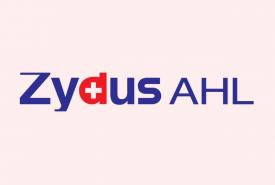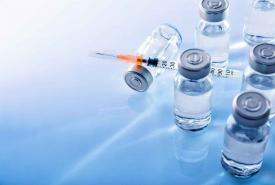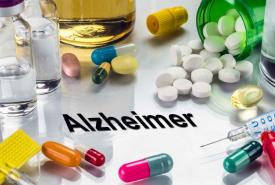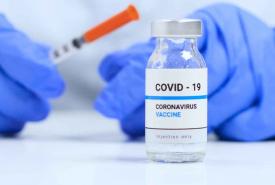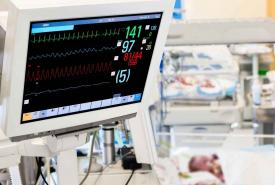Dr. Reddys Laboratories enters into a Voluntary Licensing Agreement with Lilly to Expand Access toCOVID-19 Treatment in India
Dr. Reddys Laboratories Ltd announced that it has entered into a royalty-free, non-exclusive voluntary licensing agreement with Eli Lilly and Company for the manufacture and commercialization of the drug, baricitinib,in India.



